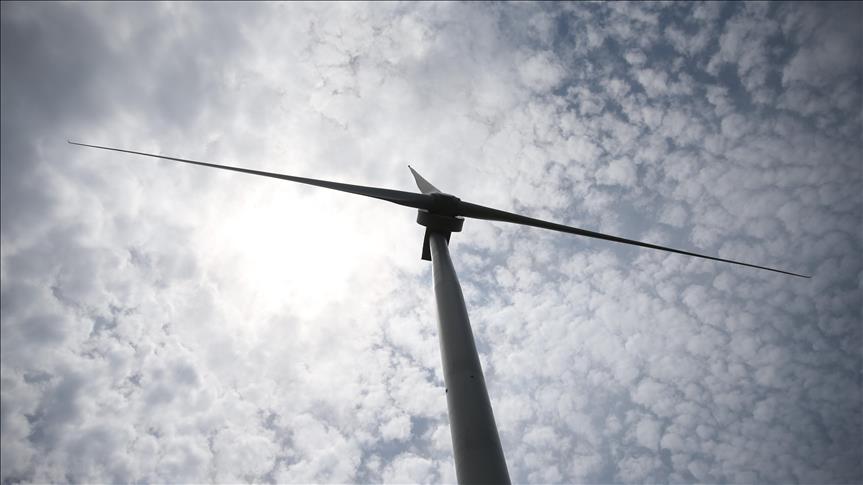The rising tide of interest rates and inflation is making the offshore wind sector and its supply chain vulnerable despite the unprecedented demand for fossil-free electricity.
Swedish multinational power company Vattenfall announced its decision last week to stop the development of the biggest offshore project in the UK, the 1.4-gigawatt Norfolk Boreas offshore project designed to provide enough electricity to supply 1.5 million homes, and to pause future investments.
This was made in consideration of the 40% rise in costs, which, in combination with increased capital costs, put significant pressure on all new offshore wind projects.
The Norfolk Boreas offshore project had a $530 million negative impact on the company's earnings, causing its profit in the first half of the year to plummet to around $675 million, a 33% decrease from the same period last year.
Independent net zero consultancy Carbon Trust warned that Vattenfall’s announcement to halt the wind farm development may signal the beginning of 'a genuine crisis.' The consultancy called on policymakers to take swift action to ensure further developers and wind farms do not follow the same path.
Meanwhile, after a four-month evaluation, the US state of Rhode Island’s main energy utility last week rejected Danish energy giant Orsted’s bid for offshore wind power on the grounds that it did not adhere to the region’s legal standards for 'reducing energy costs.'
The joint venture of Orsted and New England utility Eversource was the only respondent in the state's call for bids for between 600 megawatts and 1 gigawatt of offshore wind power, which concluded in March with its 880 megawatt proposal.
Orsted CEO Mads Nipper, however, urged additional government assistance for upcoming offshore projects.
'I really hope this courageous decision from Vattenfall Group makes governments realize that offshore wind ambitions will only happen with sane auction frameworks and realistic prices,' Nipper said.
- High cost of offshore wind raises concerns about domino effect
Inflationary fears in the offshore wind sector further grew after Siemens Gamesa, a Spanish-German wind turbine manufacturer, revised down its profit forecasts in June, citing a 'substantial increase in failure rates of wind turbine components.'
The company said on June 23 that the results of an extensive technical review showed that expenditures for improving product quality and costly wind turbine failures negatively impacted the company's budget, adding more than €1 billion ($1.09 billion).
Siemens Energy's stock fell by almost 37% following the company’s statement, as investors feared that Gamesa's troubles might herald a broader crisis in the sector.
Siemens Energy CEO Christian Bruch told journalists on a call on Friday, June 30, that 'too much had been swept under the carpet' at Siemens Gamesa and that the quality issues were 'more severe than [he] thought possible.'
WindEurope, however, said the assertions that Siemens Gamesa's difficulties are indicative of a sector-wide problem are unfounded and that the issue is unique to the firm.
By Sibel Morrow
Anadolu Agency
energy@aa.com.tr


